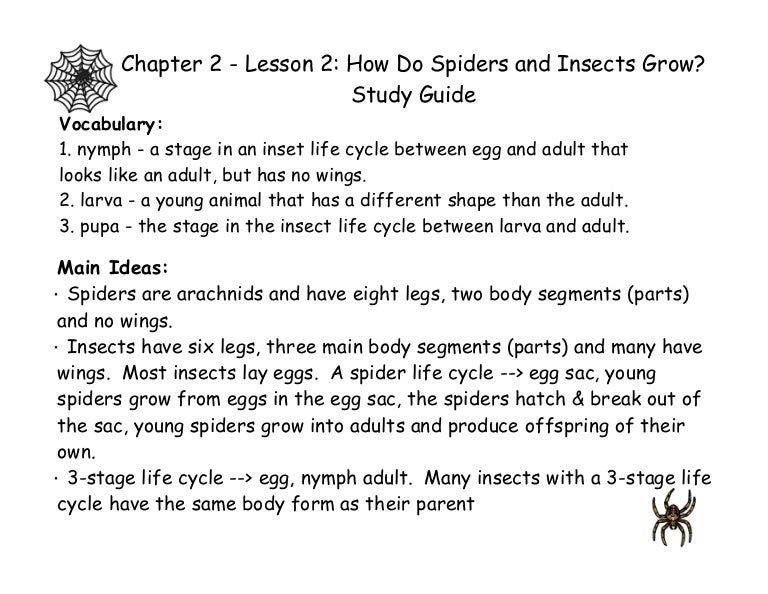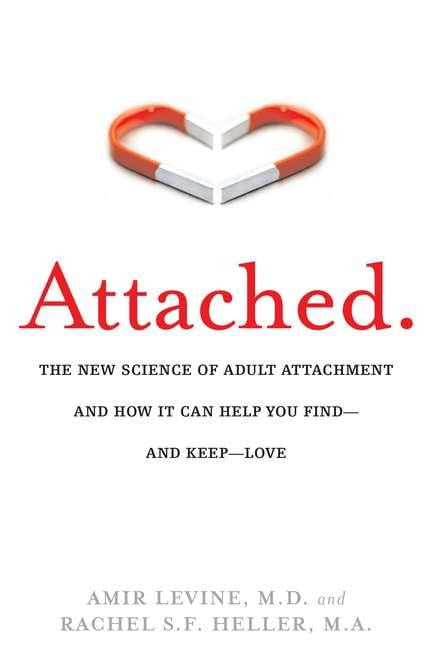

Herman, M.D., Associate Chief of Psychiatry and Distinguished Scholar of Medical Psychiatry, Massachusetts General Hospital and Associate Professor of Psychiatry, Harvard Medical School "The authors have distilled years of attachment theory research on the nature of human relationships into a practical, highly readable guide." "Anyone who has been plagued by that age-old question-'What is his deal?"-could benefit from a crash course in attachment theory." It's a valuable tool whether you are just entering a relationship with a new partner or-as in my case-even after you've been married 21 years, and had thought you knew everything about your spouse." "Amir Levine and Rachel Heller have written a very smart book: It is clear, easy to read and insightful. She now works with families and couples as a psychologist in private practice.

studied at Columbia University with some of the most prominent scholars in the field of social psychology. His clinical work together with his deep understanding of the brain from a neuroscientist’s perspective contribute to his appreciation of attachment theory and its remarkable effectiveness in helping to heal patients. Amir also has a passion for working with patients and it is in this context, while working with mothers and children in a therapeutic nursery, that he first discovered the power of attachment theory. He graduated from the residency program at New York Presbyterian Hospital/Columbia University and for the past few years Amir has been conducting neuroscience research at Columbia under the mentorship of Nobel Prize Laureate Eric Kandel. is an adult, child, and adolescent psychiatrist and neuroscientist. Secure people feel comfortable with intimacy and are usually warm and loving.Īttached guides readers in determining what attachment style they and their mate (or potential mate) follow, offering a road map for building stronger, more fulfilling connections with the people they love.Īmir Levine, M.D.Avoidant people equate intimacy with a loss of independence and constantly try to minimize closeness.Anxious people are often preoccupied with their relationships and tend to worry about their partner's ability to love them back.Pioneered by psychologist John Bowlby in the 1950s, the field of attachment posits that each of us behaves in relationships in one of three distinct ways: Amir Levine and Rachel Heller scientifically explain why why some people seem to navigate relationships effortlessly, while others struggle.ĭiscover how an understanding of adult attachment-the most advanced relationship science in existence today-can help us find and sustain love. Why not use science to help us improve our relationships? In this revolutionary book, psychiatrist and neuroscientist Dr. We already rely on science to tell us what to eat, when to exercise, and how long to sleep. “Over a decade after its publication, one book on dating has people firmly in its grip.”


 0 kommentar(er)
0 kommentar(er)
